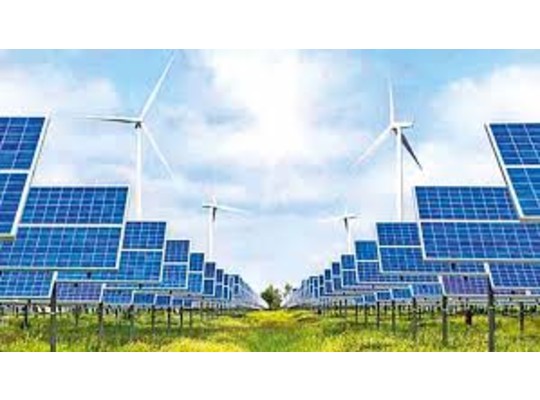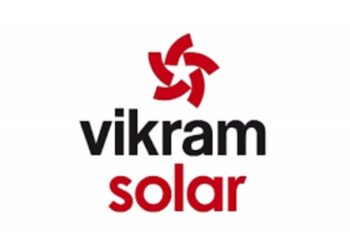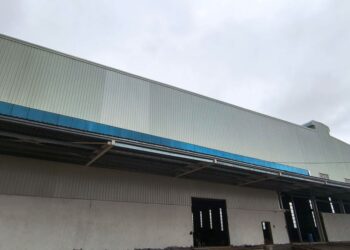Dhaka, Bangladesh – Summit Group has issued clarifications in response to a recent draft of a government White Paper, and said it welcomes transparency and remains committed to the highest levels of corporate governance and corporate social responsibility (“CSR”) in the country.
Bangladesh media have reported widely on a draft of the ‘White Paper on the State of the Bangladesh Economy’ released in recent weeks by the interim government led by the Honourable Chief Adviser Dr. Muhammad Yunus. The document said Bangladesh’s power and energy sector faced challenges such as excess capacity, dependence on imports of gas and under-development of domestic natural gas resources.
Summit Power International Limited (“SPIL”), the Singapore-registered parent of Summit Corporation Limited (“SCL”) – the leading foreign direct investor in Bangladesh’s power sector – has responded to statements in White Paper which referred to SCL’s assets or subsidiaries.
1) The draft White Paper referred to Summit Group as being one of the “selected large conglomerates” which enjoyed “exemptions on project income” and “exemption on income arising from power generation”.
SPIL said these exemptions cited were part of a broader policy initiative that applied to the entire power and energy sector in the country. “The policy, i.e. Private Sector Power Generation Policy framed in 1996, designed to attract investment and meet Bangladesh’s critical energy needs, encompassed approximately 104 projects. These exemptions were not exclusive to Summit Group but were reflective of a sector-wide strategy to enhance Bangladesh’s energy capacity to ensure sustainable development,” SPIL said.
2) The “Other Common Malpractice” section in the White Paper alleged that contract conditions were changed after it was awarded, and singled out the Summit Meghnaghat 335 dual fuel power plant for switching from heavy fuel oil (“HFO”) to high-speed diesel (“HSD”) without changing capacity payment or heat rate as an example.
The Bangladesh Petroleum Corporation, the supplier of energy oil, was unable to provide the specified oil under the original agreement and instead reached an understanding with the Bangladesh Power Development Board to supply alternative oil, SPIL said.
“In order to maintain operations and fulfil its commitments, Summit Meghnaghat was obliged to accept this change but remains prepared to accept oil in accordance with the original tender conditions,” SPIL said.
Through SCL, the Summit Group operates 18 power plants with a combined generation capacity of 2,255MW or approximately 17% of the total installed private power generation capacity in the country of 173 million people.
3) The White Paper listed Summit Power Limited among 83 companies listed on the Dhaka Stock Exchange that had been “unfairly excluded” from certain regulatory activities, and said market rigging was endemic in the domestic equity market.
“Summit Power Limited has always conducted its affairs with the highest levels of corporate governance. Its Board of Directors comprises eminent and well-respected corporate figures. At no time has the company ever engaged in market rigging,” SPIL said.
4) Regarding Bangladesh’s second Floating Storage and Regasification Unit (“FSRU”), which Summit Group operates, the White Paper alleged public funds were misused because Summit supplied LNG at a premium while natural gas reserves were available with the Bangladesh Oil, Gas and Mineral Corporation (“Petrobangla”).
SPIL said that Summit’s FSRU was not responsible for the supply of gas and, accordingly, has not imported or supplied any gas to date. The long-term supply contract signed between Summit Oil and Shipping Company Limited and Petrobangla was at the lowest price of all contracts awarded at the time, including for OQ Trading and Excelerate Energy (“Excelerate”). In any event, Summit has not yet imported any gas under the long-term supply contract.
Further, Summit’s FSRU did not receive any special exemptions, and its daily tariff/charter rate is lower than that of the Moheshkhali Floating LNG owned by Excelerate, the only other FSRU in Bangladesh. The incentives referenced were part of an industry-wide framework that applies to both Excelerate and Summit’s FSRU projects.
“As a responsible corporation with a track record of providing energy and power to Bangladesh, Summit Group has always respected and adhered to the laws of both Bangladesh, where SCL operates, as well as Singapore, where SPIL is domiciled,” SPIL said. “We are dedicated to contributing meaningfully to Bangladesh’s growth and prosperity. Our operations in Bangladesh have consistently adhered to all regulations, and we take pride in upholding the highest standards of integrity and governance,” SPIL said.
“Being a dependable partner in nation building, we remain open to dialogue with all stakeholders,” it added. “We invite committee members preparing the White Paper to engage and seek clarification where needed. As a substantial foreign direct investor, the Summit Group has always conducted its affairs in a transparent manner while striving to support the long-term development of Bangladesh,” it added.













